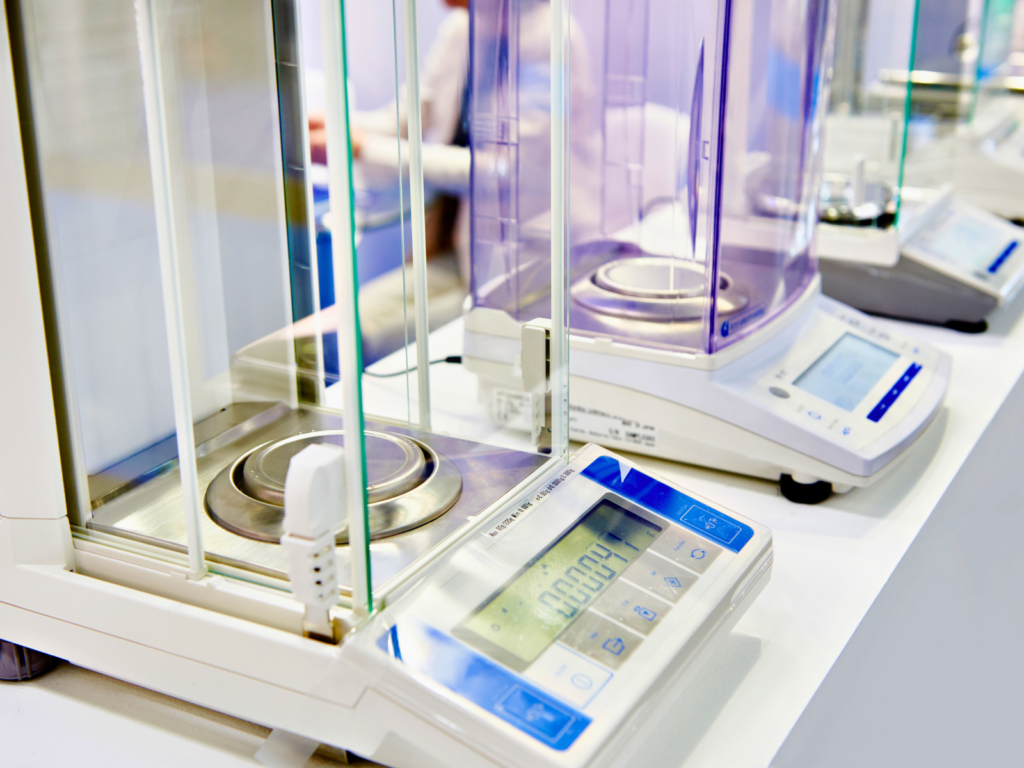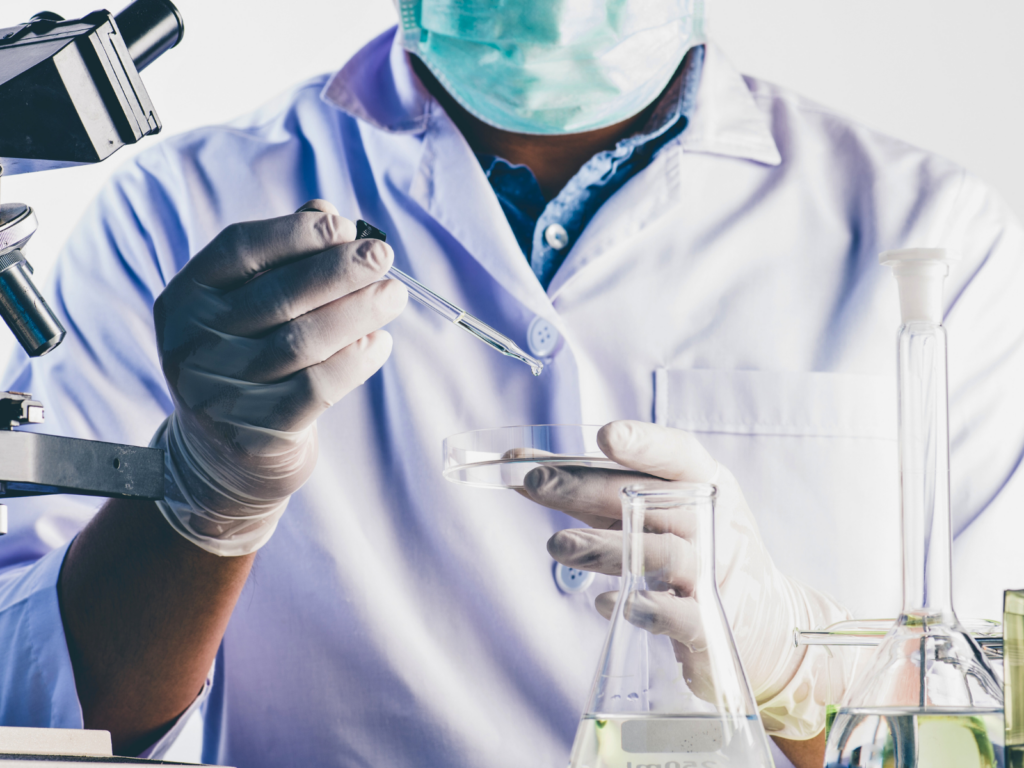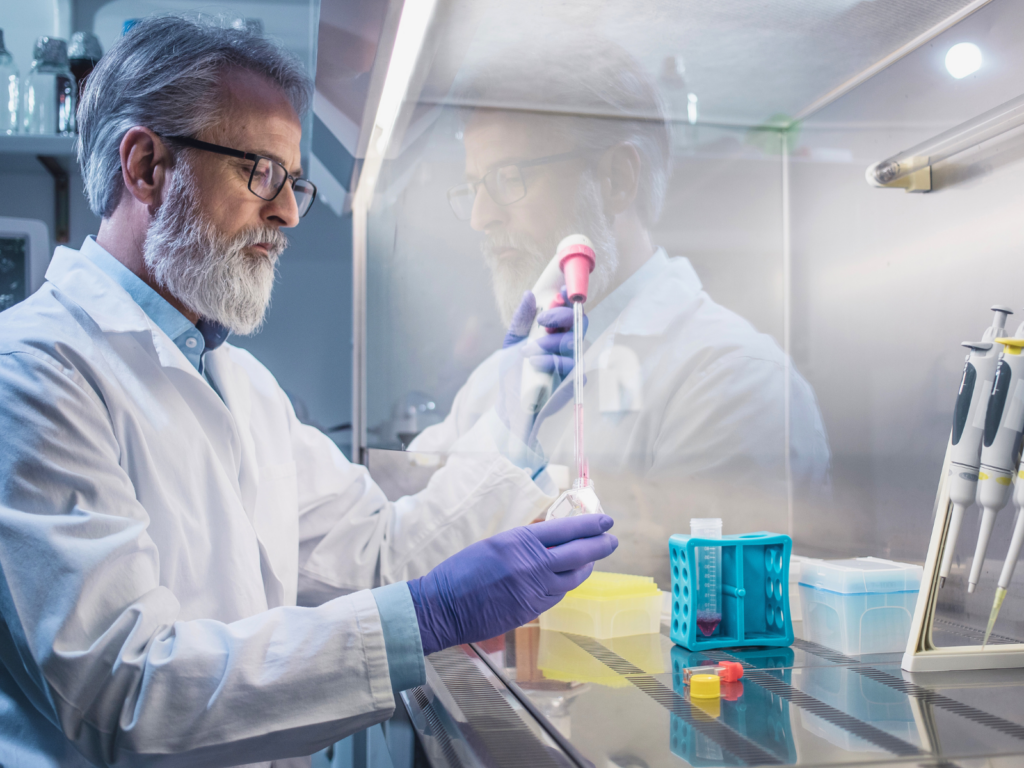The Importance of Precision Measurements in Specialty Gases
There has been an increase in environmental laws and fiscal monitoring of the oil and gas industry. Due to increased scrutiny, the accurate measurement of emissions and product quality has become essential in the production of specialty gases.
In light of the above, it’s clear that the industry’s measurement process requires precise calibration gas mixtures and ultra-high purity zero gases to comply with the ever-changing legislature landscape of the hydrocarbon processing sector.
Let us explore the underlying importance of precision measurements in specialty gases.
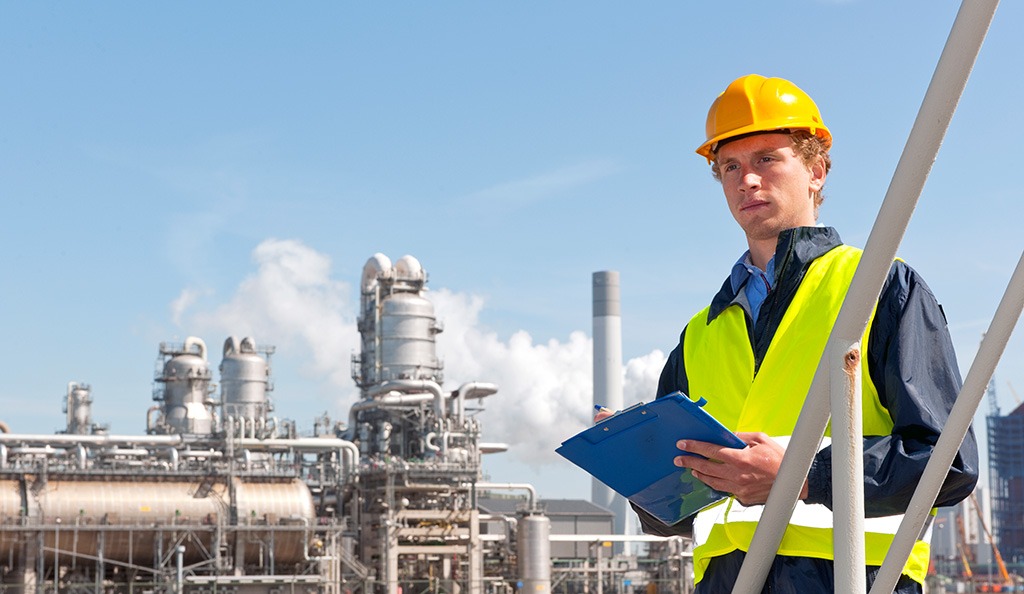
High Precision Gases and Its Applications
In the refining industry, high precision gases have become indispensable in at least three key applications within the refining industry.
Allometrics – When Measurements Matter!
Top Rated ISO 17025 Accredited Calibration Company Since 1976.
• NIST traceable calibration
• Climate-controlled Calibration Lab
• Test & Certification
• Equipment Sales
Environmental Emissions Monitoring
As a result of climate change and other environmental factors, legislation has become more stringent. As a result of these legal requirements, refineries, and hydrocarbon processing facilities are required to perform accurate and precise measurements at all stages of production to ensure they are operating within their consent level.
Natural Gas Distribution
Gas metering must begin at the well site where sulfur, water vapor, and other contaminants of natural gas are extracted. Upon completion of the cleanup process, the gas must be deemed suitable for sale according to the requirements.
During the distribution or custody transfer process, the gas travels through a pipeline. When it changes ownership or crosses an international border, it will once again need to undergo an ultra-precise measurement. These measurements are essential because to invoice correctly, the exact heating value needs to be known.
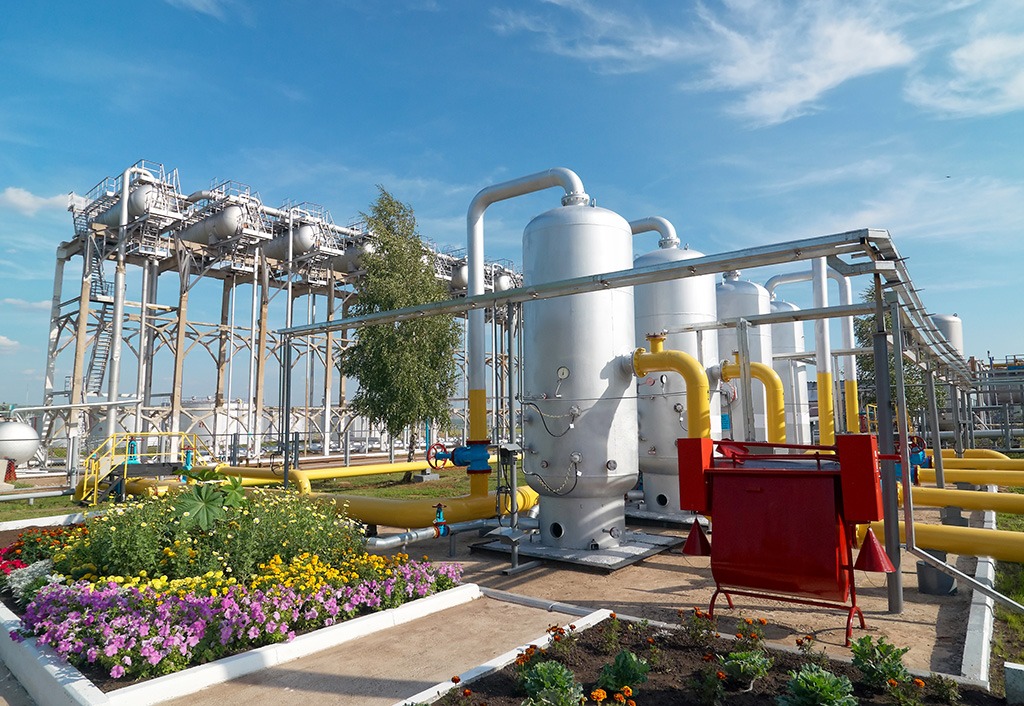
Emissions Trading
In the Under States emissions trading
is a common practice. It has been successfully used as an approach to reduce pollution and protect human health and the environment.
Emissions trading provides financial incentives to companies in different sectors to reduce their emissions. In the specific case of petrochemical plants, they can sell the quota of emissions they did not emit. Accurate measurements are used to provide a direct financial benefit to the organization.
The Importance of Metrology
High precision analytical instruments, including balances, scales, and test weights, are required to determine minimal variations in the composition of natural gases, hydrocarbon processes, and to monitor emissions. Specialty gas blenders use finite gasses to create a specific blend used for welding, cutting, and gas chromatograph carrier gasses.
The most common analytical processed used for natural gas measurements is Gas Chromatography (GC). This instrumentation requires a high purity carrier gas that is fit for purpose in terms of its purity. The blend for GC’s must be precise to as low as one part per billion. This precision is only obtainable with high capacity, high-resolution balances.
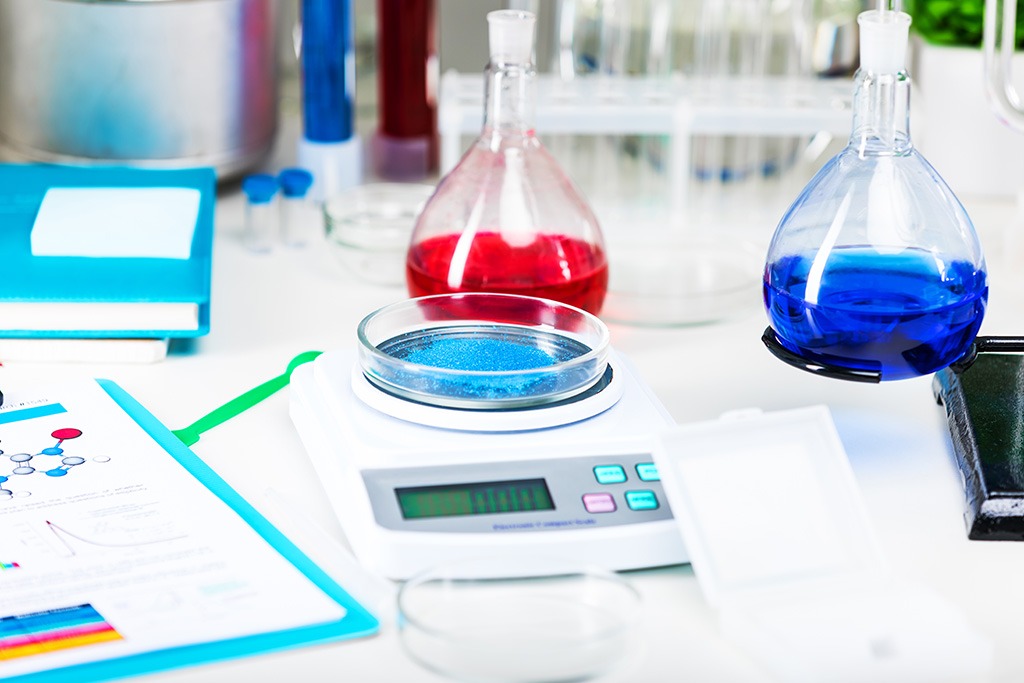
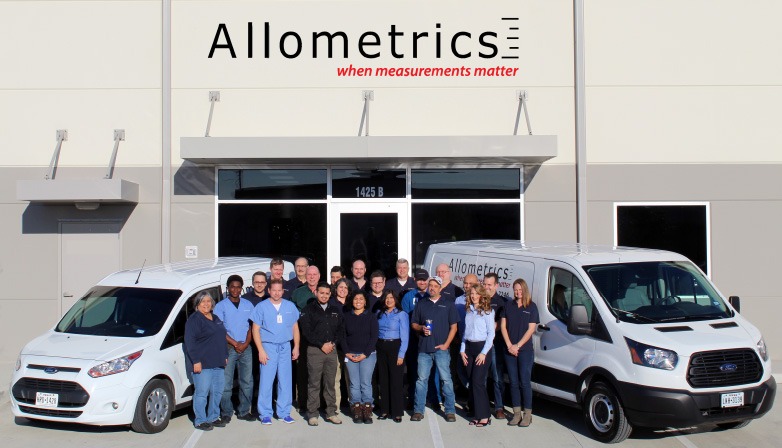
must be comparable to regional and international standards. These standards call for the metrological traceability of the measuring results.
Higher precisions in calibration mixtures and the implementation of traceability help establish better standardization of precision measurements worldwide. When we increase accuracy, we also increase the confidence in the analytical data. Traceability to national or international standards provides all stakeholders, including gas producers, end-users, and environmental agencies, with a higher degree of confidence that the analytical data reported is accurate and uniform.
Allometric’s professional calibration services help the petrochemical industry achieve its emissions goals while providing its users with a higher quality product.

